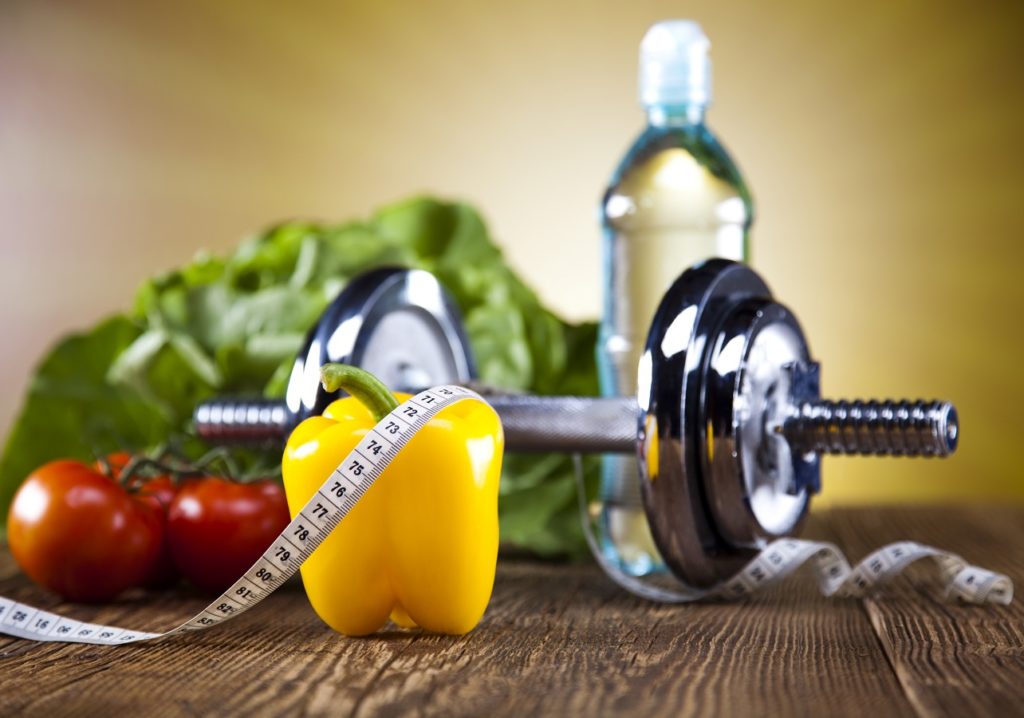Increasingly, the network ignite controversy and debate on the topic of proper nutrition, “which means that” diet “? and whether it is a diet at all? that can be eaten and what can not? how many meals per day should be? and how to distribute daily food norm for all these meals? “
Not far to seek: opening the first few sites in the search results for that query, I put it mildly, was impressed. Information everywhere so diametrically opposite, and it seems that we are talking about completely different concepts.
Some are “authoritative” sources say that good nutrition means “light breakfast, but lunch and dinner tight” (yes, that’s right :), others claim that meals per day should be strictly 3 (and no snacking! ). Others are active in the promotion of different diets and fasting days – this is supposedly the cornerstone. I do not want to list how many different misconceptions and myths are elevated to the truth in the first instance.
I embarked on a proper diet a few years ago, realizing that it would not hurt to throw a couple of extra kg (as a result spent much … 13 – beside sudden :), change eating habits (painfully dependent I was on the sweet: full lunch or dinner could easily exchange on a bun, cake or chocolate. Now I just can not understand it and explain :), get rid of heaviness in the stomach after meals.

I began to study the question on books available to me (Paul Bragg Bernard Neal, Vydrevich, etc.) and the advice of renowned nutritionists.; go to the gym and listen to the instructions of the coach, read blogs graduates in the field of nutrition, nutritionists. And most importantly – the sight I had examples of friends and acquaintances who adhere to a healthy lifestyle, all the same fundamentals of good nutrition, and have achieved real success (weight loss, improved health, a change in eating habits).
The basic principles of good nutrition.
So I brought for himself his own “formula” proper nutrition (by and large, the basics of “my” proper nutrition are the same as with most, but perhaps there are some subtleties tailored just for my body and comfortable work ).
Let’s start with the fact that meals throughout the day should ideally be 5 (breakfast, lunch / snack, lunch, afternoon tea / snack, dinner).
Why optimally 5, rather than 3 or 2 (because sometimes at work or in a hurry we are able to eat times 2 per day, and we even do not seem to feel discomfort or hunger)? It’s simple: five meals will help keep your blood sugar at a constant level, and you’ll feel as comfortable as possible (no sudden bursts of hunger and, as a consequence, not overeating at the next meal). This is especially true for those who suffer from diabetes.
Eating should be every 3 hours. How to keep up hungry in such a short time? First, eat small portions (for example, if you cook porridge for breakfast, it is no longer 30-40 grams in dry form; lunch – 40-50 grams of dry cereal). And secondly, it is in fact of the whole point is not to keep up hungry!

This is how your body is able to maintain the speed at a high level of metabolism and not to store for future use (if you eat 2-3 times a day, and there is an acute sense of hunger between meals, which is a stress to the body and a signal to, to slow down the metabolism and “store” fat).
If we talk about the percentage ratio of the distribution of food throughout the day, the closest to me such a scheme:
- Breakfast – 25% of the total food per day;
- Snack – 15%;
- Lunch – 35%;
- Snack – 10%;
- Dinner – 15%.
Of course, this scheme is conditional, do not take it as an axiom. And if, say, you want to eat breakfast a little more, and during dinner a little less – nothing critical about it. The main thing to remember that your dinner should be the “light” from all main meals and not earlier than 3-4 hours before bedtime.
Proper nutrition: meals and their nutritional value.
Now the fun part. I want to dwell on that should look like the meals in terms of nutritional value.
The ideal breakfast should consist of complex carbohydrates (cereals such as oats, millet, buckwheat, whole-grain bread) (!), Protein and a small portion of the “quality” of unsaturated fats (nuts, fat red fish, unrefined vegetable oils).
By the way, I remind you that the complex (or “slow”) carbohydrates – are carbohydrates with a low glycemic index (below 60), they are slowly digested, providing our body with the necessary energy and causing a sharp rise in blood insulin.
In short, the breakfast should be dense and nutritious. Consider skipping breakfast, you will never lose weight (and risk “to get to» uneaten carbohydrates in the evening, then they will go straight to fat).
At the snack / lunch, it is desirable to eat vegetables or fruit (short, fat), cheese, a small handful of nuts (20-30 c).
The lunch should be eaten daily dose of basic protein (lean meat, chicken, fish, seafood), slow carbohydrates (cereals, durum wheat pasta, beans), fresh vegetables, seasoned with a small amount of vegetable oil.

Please note that fast food and simple carbohydrates (pasta group B, potatoes, flour) should be deleted.
Finally, remember the “rule of one dish”: no first-second-third. If you are a fan of soup (and you can not give it up), then you have to give up the second course; but this idea is not very good as the soup combines balanced proportions of proteins, fats, carbohydrates. It is, rather, a kind of relic of the Soviet: how to feed a big family a cost-effective (and as a result – to fill the stomach waste products). Of course, I myself sometimes not averse to eat delicious hot borscht, or soups, but in everything you need to know when to stop!
At snack before dinner you can also eat a serving of fruit, a handful of nuts (literally 5-10 pieces, remember their calories!), Drink a cup of yogurt or sour milk.
Dinner (for 3-4 hours before bedtime) should be as protein (eggs, omelets, fish or chicken, low-fat cottage cheese), it can be supplemented by fresh non-starchy vegetables (lettuce, cucumbers, radishes, carrots, celery). Fats bedtime is best not to abuse, and to lean on cereals needed for lunch 🙂
Also, do not stand to eat before going to bed dairy products (the most common misconception: “I drink a minute kefirchik at night, from him for sure no harm”): they contain lactose (milk sugar), which is likely during the night, “goes” is not there. Zamon, before going to bed (if horror as you want), it is best to eat egg whites, vegetables (from the allowed list above), but not fruit.
